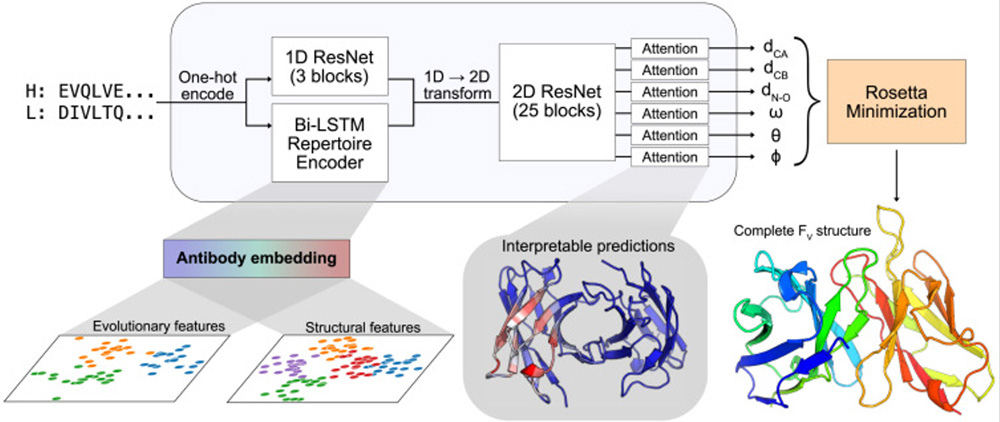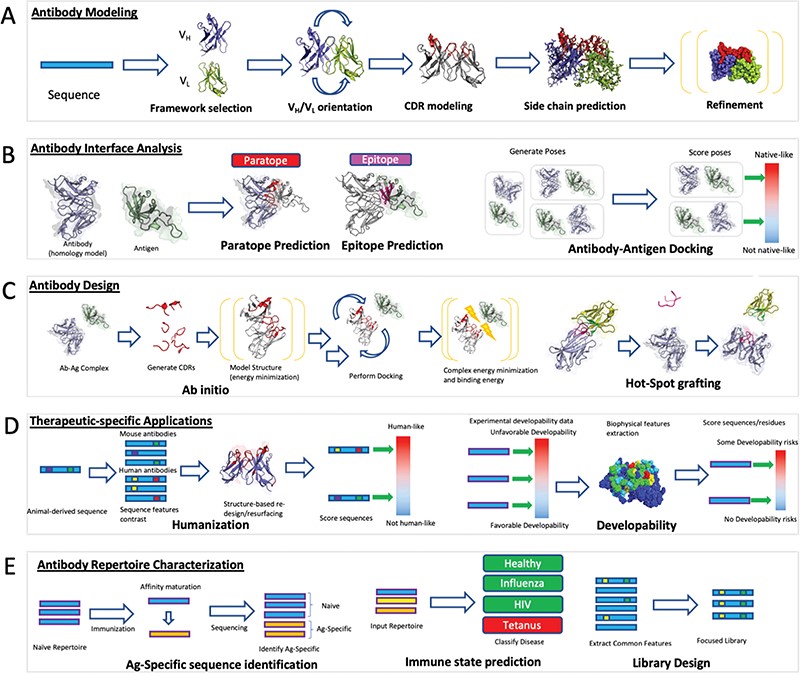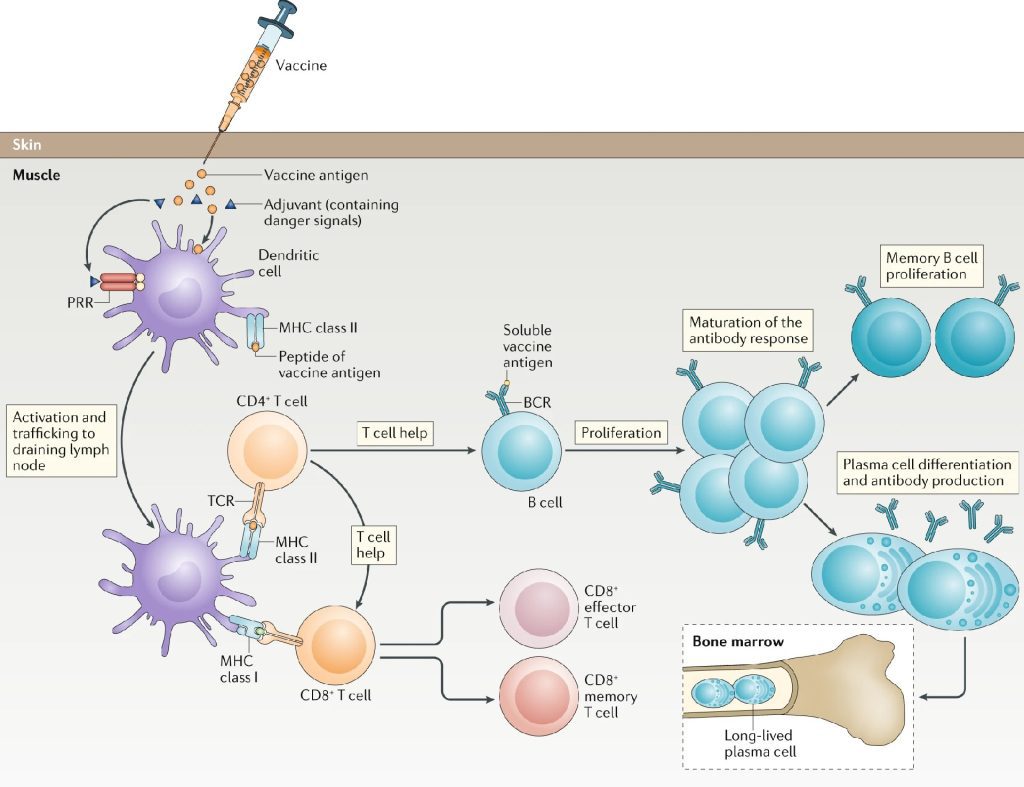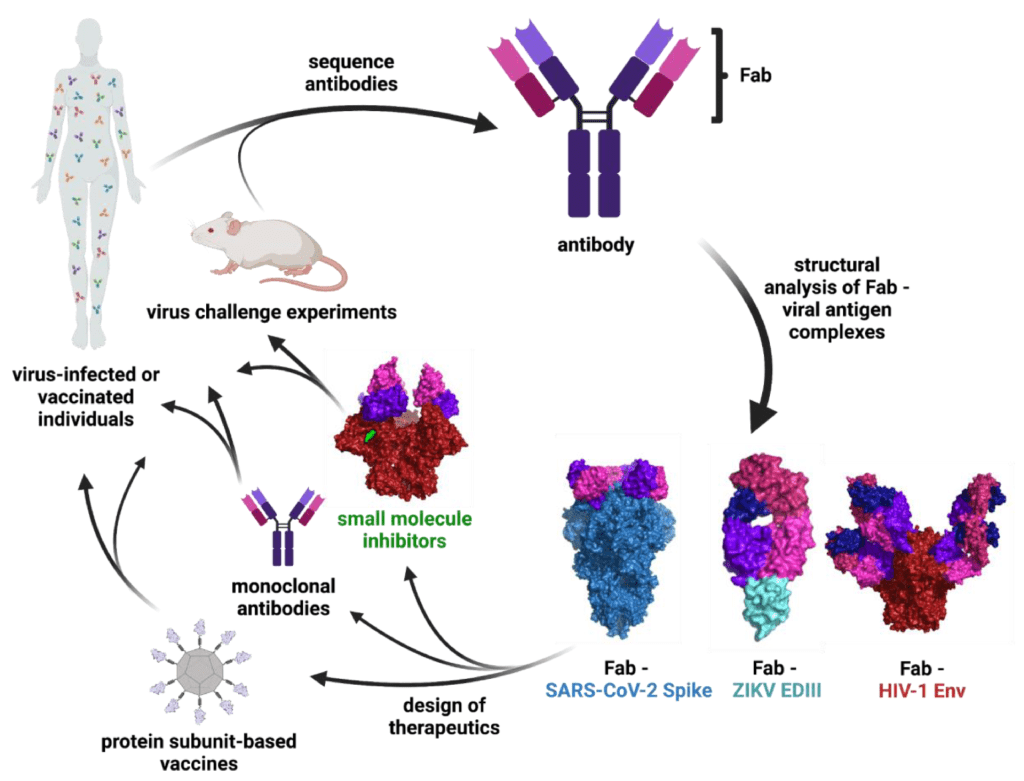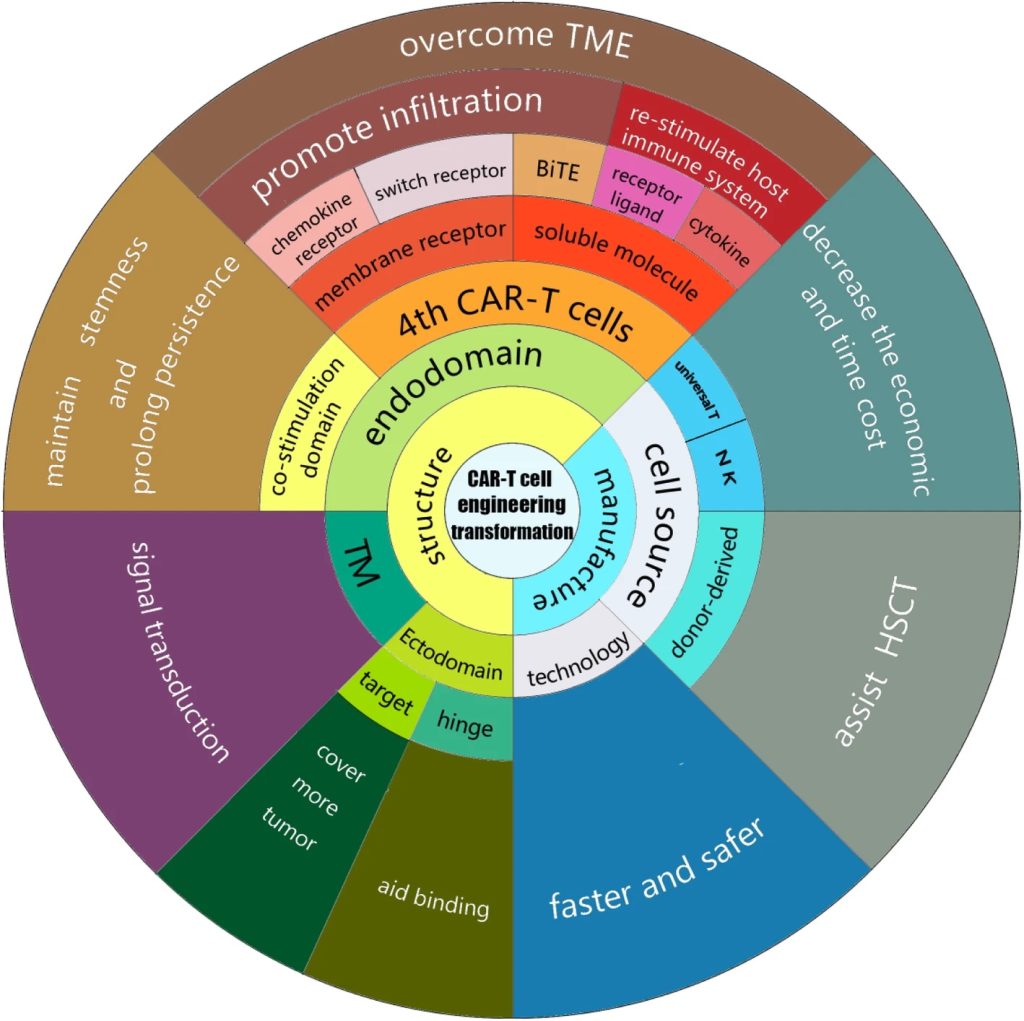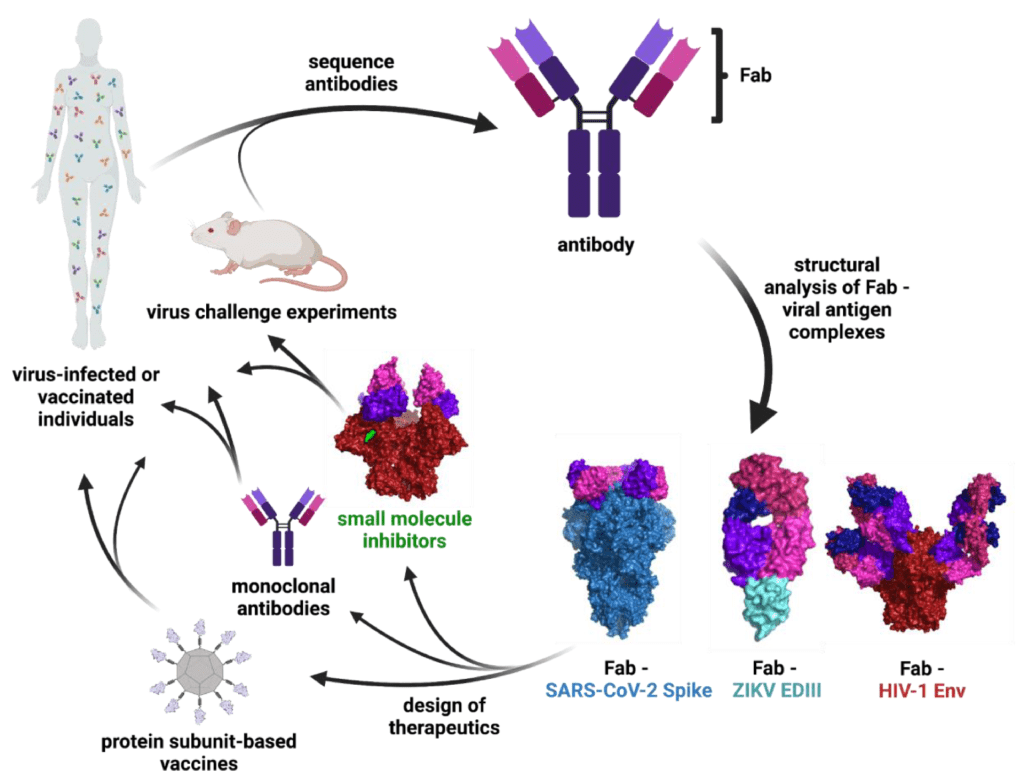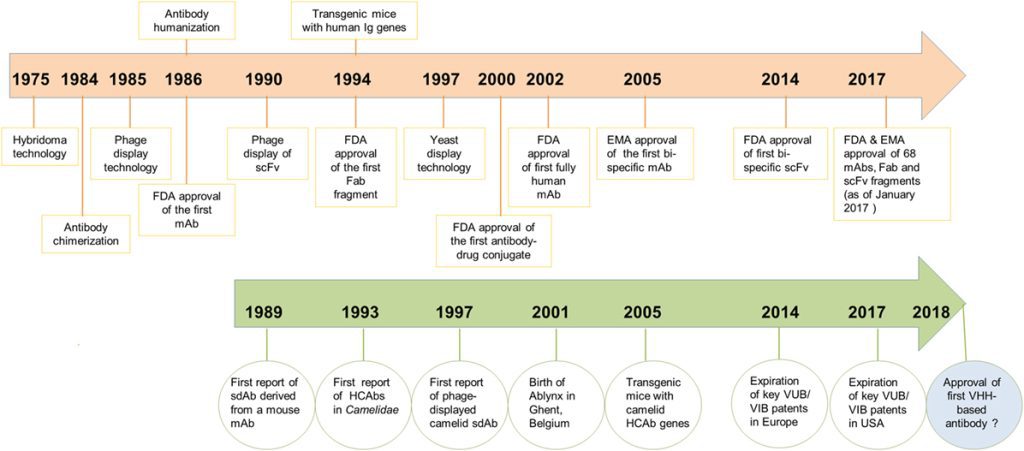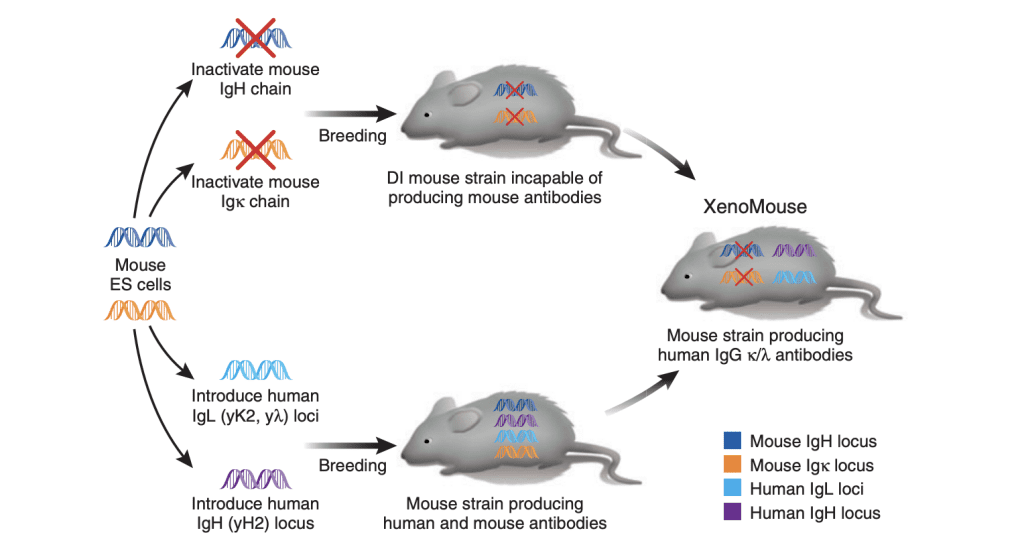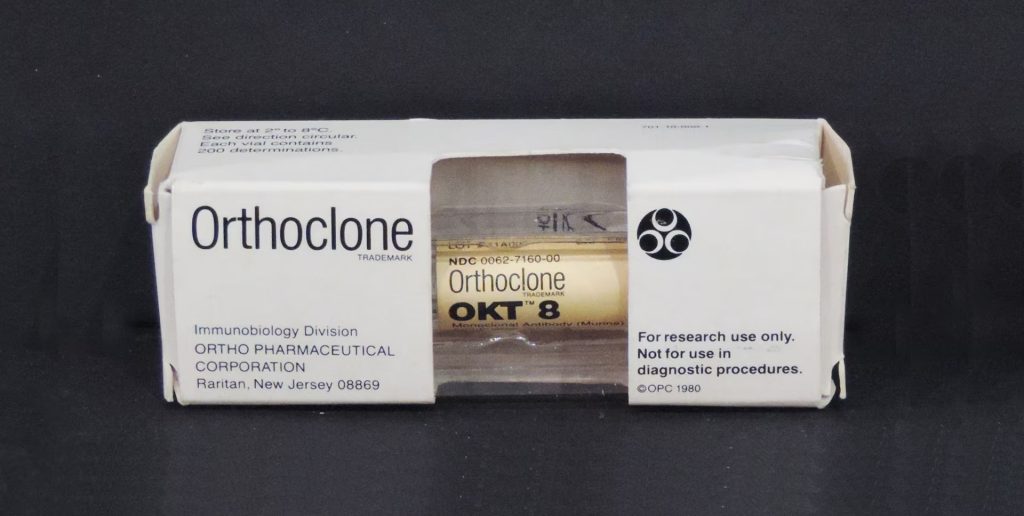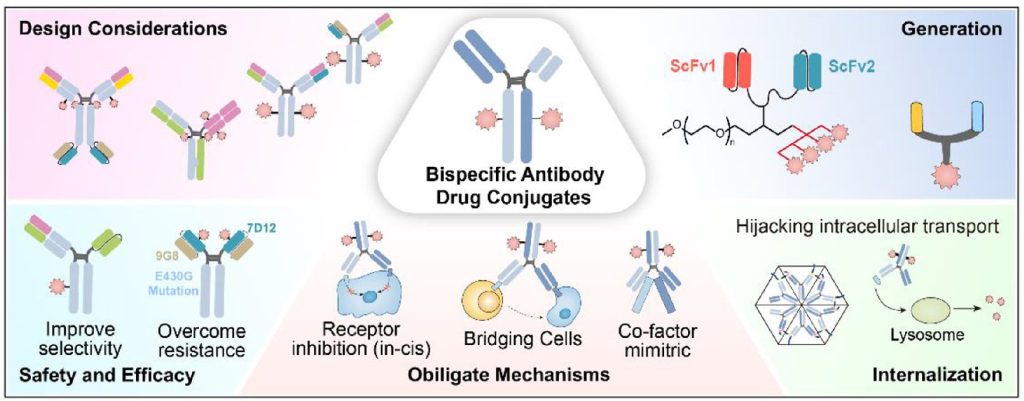Deep Learning in Antibody Structural Modeling
Understanding the structures and functions is essential to designing an antibody for a specific goal. Research into developing deep learning models which can help to predict these structures is a fascinating, ever-evolving topic. Deep learning is a subset of machine learning based on stacked artificial neural network layers, in which processing is used to extract […]
Deep Learning in Antibody Structural Modeling Read More »

